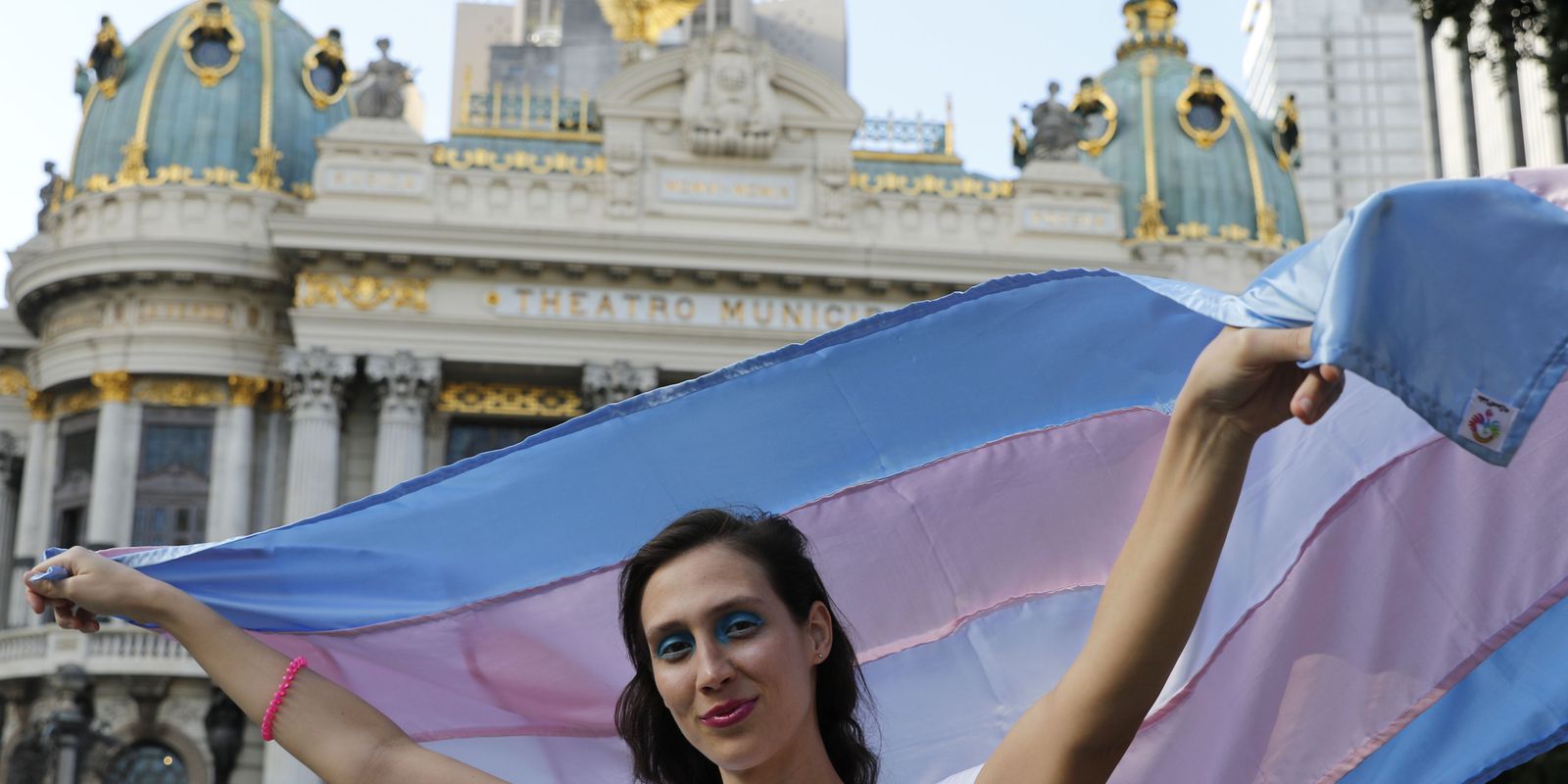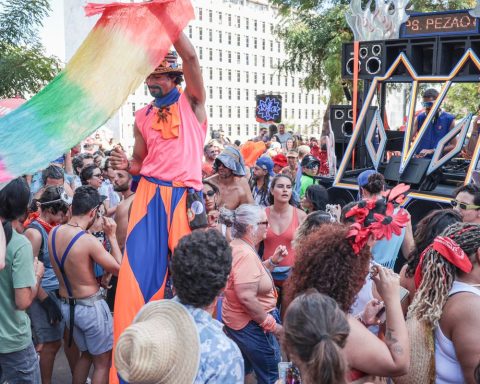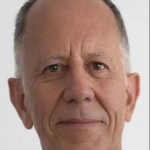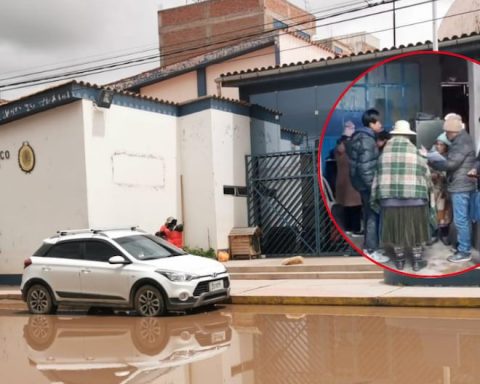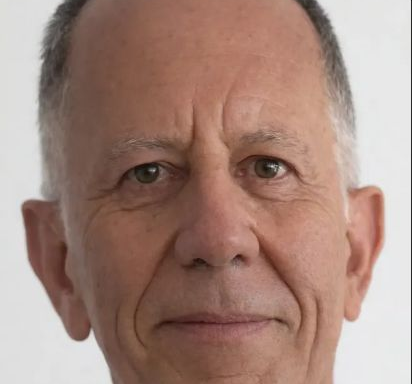When she started studying singing, Vivian Fróes Ferrão was 13 years old and the male gender was still in her name and documents. Like every “boy” with a very high voice, however, the tone that seemed more natural to him was received with strangeness and prejudice. Only in her room, hidden, she sang the songs she liked best, and, in classes, the repertoire was carefully chosen so as not to reveal her true tone.
“Over time, I got brave, and one day I took a higher-pitched song that I used to sing the way I liked. The teacher encouraged me a lot, and that surprised me. And then I started to practice in class and to deepen myself singing”, said Vivian, who is now 31 years old, is a lyrical singer and vocal coach. She gave an interview to Agência Brasil at Trans Visibility Week.
“For a large part of my life, I sang with a female voice without identifying as a trans woman, because I didn’t even know what transsexuality was. I identified with countertenors, a vocal classification for men with a very high voice”, she explained.
Discovering that she could be a countertenor made Vivian at the time feel that she had a place in music, but the discomfort of still not recognizing her true gender identity and the prejudice for being considered “too feminine” in several other spaces she frequented remained. .
classical singing
“An episode that really left an impact on me was when I looked for a singing teacher to take a classical singing class, and he lived far away. After hours of traveling by bus, I arrived at his house, and, when I started to sing, he said to drop an octave [mudar para um tom mais grave]”, she recalled, who was reproached when she replied that that was the tone in which she sang.
“He said I couldn’t sing in that octave because I was a man. He said there was no countertenor and asked if I was castrati, if I had been castrated”, he revealed.
In the history of lyrical music in Europe, the castrati were singers who had their genitals mutilated before going through puberty, to prevent the maturation of the body caused by male hormones from affecting the high voice they had in childhood.
“He didn’t want to hear me singing and sent me away. And I came back from there crying a lot. This was just one of the situations I went through. It all made me feel very bad, and I went back to singing in hiding”, she recalled.
Watch a presentation by Vivian:
choir conducting
Even so, Vivian studied Music at the Federal University of Rio de Janeiro (UFRJ). In graduation, she looked for professors who accepted her way of singing, and it was then that she started moving towards professional lyrical music and choir conducting, her specialty.
“That voice has shaped a lot of who I am,” said the 18-year-old self-identified trans person during college. “The voice is an extremely important element in the experience and identity of trans people. The voice has a very large weight in the gender issue of trans people and in how this identity is formed. Not only externally, but internally as well”, added.
Vivian said that coming out as a trans woman made her voice have a different reading by society, which came to consider it consistent with her gender.
“Not that this voice determined me as a genre, but it matched the idea of femininity that was read by my external side, by society, which was no longer shocked to see me singing. However, that did not prevent me from experiencing a series of prejudices “, he pondered.
“Like when my voice was adequate and, even so, they tried to say that my voice was different, when, in fact, people are different.
She mentioned that it is common to see positive reactions from people who don’t know that she is a transgender woman, and to notice that these opinions change when this is revealed.
“I always heard that my voice was fake, that my voice was falsetto. They put me next to a cis woman who sang just like me, and they said that I sang in falsetto, and she didn’t. This is a form of voice discrimination trans. And it’s still a way of saying: your voice is fake, it’s plastic, which is how we, trans women, are seen our whole lives, as a fake, plastic woman”, she emphasized.
the trans voice
Prejudice did not prevent Vivian from continuing her career as a singer, pianist, conductor and vocal coach. In addition to singing classes, she also prepares students for public speaking and says that being recognized as an active transsexual in the field is often what attracts her students, who admire her ability to prepare her own voice.
“By seeing these issues that I bring up, as a trans person and opera singer, people think that I should understand everything about vocal preparation”, he said.
“I am very honored to be able to be a positive representation in this sense, of overcoming and conquering. What I would like to pass from my victories as a trans woman and trans singer is that there is a lot of struggle, but that it is possible for us to overcome. And I look this place that I occupy today and I am surprised”, he reveals.
As a trans woman and a singer, she argues that the voice is also an instrument for affirming identity and the most organic form of expression that can exist musically. Her fight, she emphasized, is for different voices to be able to express themselves with freedom, beyond those expected for men and women.
“The trans voice that does not correspond to a cisnormative aesthetic is a voice like Pabllo Vittar’s. And I love her voice. And I can talk about vocal technique, because I’m a singing teacher. I can say with all the words that Pabllo sings a lot. She knows how to sing, and very well. She knows a lot about vocal technique”, said Vivian. “Why do so many people disconnected from the LGBT movement say they don’t like it? Pabllo’s voice is a voice that diverges from heteronormativity. She is a voice that is neither masculine, nor cisgender feminine, nor cisnormative, like mine. I grieve too,” he said.
The singer hopes that her career in music and activism in the trans movement will inspire others to seek their truths, regardless of prejudice.
“Don’t believe these insults, these discriminations and horrible things they say to you. Don’t believe it, because this is fake [falso]. This is the world fake who want to paint for us, but we came here with our truth to show what the real world is, and also their world, and how they can be really happy”, he said. “Never feel like you didn’t make sense. Never feel like something is missing from you. What’s missing is the world.”
* Matter amended at 11:59 am to correct the last name of the lyrical singer.
